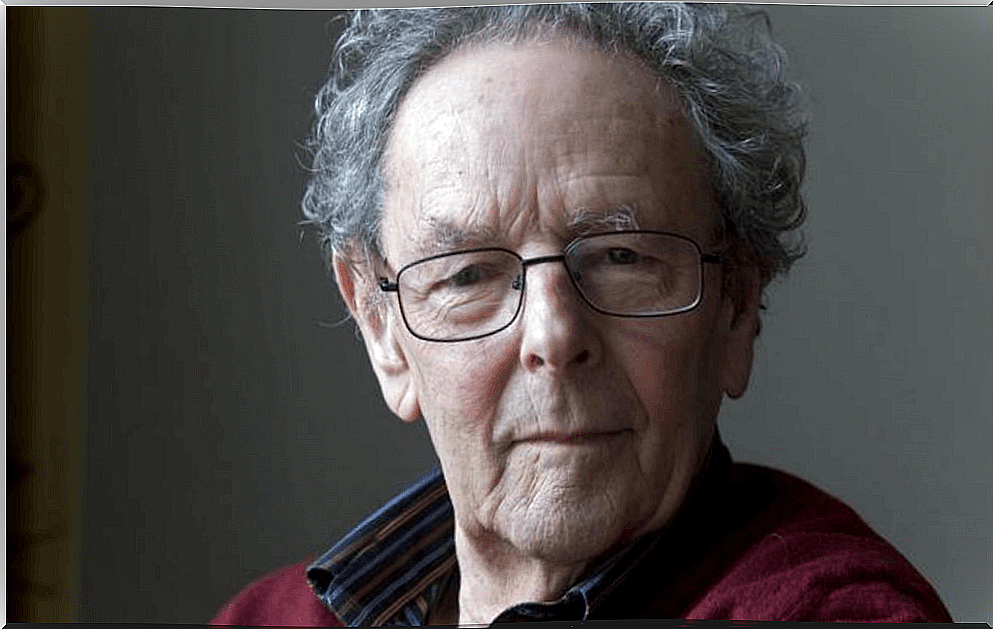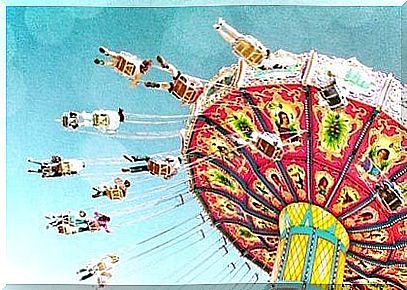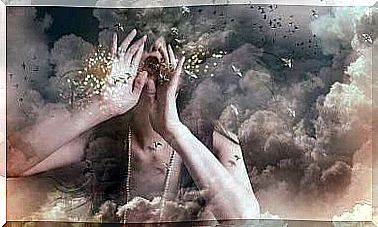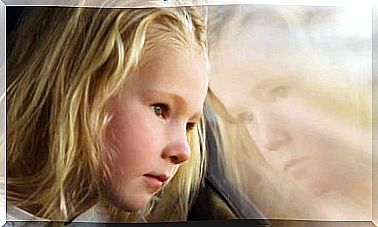The 7 Laws Of Emotions According To Nico Frijda

Psychologist Nico Frijda was a prestigious researcher. During the year 2006, he presented a work in which he exposed what, according to his judgment, corresponds to the laws of the emotions. He claimed to establish fixed models on this subject.
Emotions are realities that are difficult to classify. It is very complicated to find common emotional patterns from one individual to another. On the other hand, based on a very long research, Frijda affirmed that there are general rules which can apply universally.
The researcher pointed out, however, that as in all rules, there are also exceptions in this case. On the other hand, in his opinion, there are more fixed patterns than deviations. Although Frijda established 12 laws of emotions, we can actually synthesize them to the number of seven. Here they are:

1. Situational meaning, the first law of emotions
For Frijda, emotions are the result of specific situations. They do not arise spontaneously, without reason, but are the result of concrete scenarios. Even though such scenarios are only existing in the imagination, they are always associated with real situations.
Thus, two similar situations generate the same type of emotional responses. A loss for example leads to sadness and a victory to happiness. No matter what loss or victory it is, the emotional response is always the same.
2. Apparent Reality
This is one of the most important laws of emotions. She claims that we react emotionally to what we take to be real. Not to what is real, but to all the things to which this quality is attributed.
It is the way of interpreting reality that brings emotions to life and not the reality in itself. This is the reason why, for example, we can be overcome with tears while watching a movie or feel fear when imagining a danger that did not arise.
3. Habit, comparison and change
In this case, there are actually three laws of emotions: habit, comparison, and change. The law of habit says that we systematically get used to our situation and consider it “normal” even when it is not. The emotional response to the habit is weak.

The law of comparison indicates that we are always comparing the intensity of our emotional responses, whether consciously or unconsciously. The law of change asserts that when faced with a novelty, the emotional response is more intense.
4.hedonic asymmetry
It is one of the most disconcerting laws of emotions. It is based on the fact that it is much more difficult to get used to negative situations. The emotional response in this case is a resistance response and the application of the law of habit is more relative.
When faced with positive situations, we react in the opposite way. We get used to these with much more ease. Thus, and because of our habits, positive emotions tend to be less intense each time until they eventually disappear.
5. Preservation of the moment and the situation
Negative experiences tend to maintain their emotional power over time. The impact they produce can thus last for several years. The emotions remain present, although the situation has already disappeared.

This remains unalterable until a similar situation arises and allows for a positive reassessment. In fact, one has to experience the situation again and resolve it adequately so that the negative emotion can disappear.
6.Closure and beware of the consequences
The law of closure says that emotions tend to forge an absolutist idea of reality. When the intensity of the emotion is very great, everything is analyzed as being white or black. We only appreciate part of the problem.
Another law of emotions is attention to consequences. This signals the fact that people manage to modulate their emotions according to the consequences that they can cause. For example, you can feel a lot of anger without actually attacking, unless the consequences are serious.
7.Lighter load and bigger victory
The Law of Lighter Charge says that people can change their emotions if they interpret situations differently. Human beings tend to look for the emotions that help them the most in warding off negative emotions. For example, “if this bad situation happened to me, it is because something good will happen to me soon. “

The Law of Greater Victory indicates that we seek to interpret situations for emotional benefit from this new version. For example, when we feel the fear of heights and affirm that those who challenge it are genuinely irresponsible.
Frijda’s Laws of Emotions are an important contribution to the understanding of human emotions. Although this researcher published them as laws, in reality they were not accepted as such by psychological schools. However, this in no way calls into question the correctness of its conclusions.










